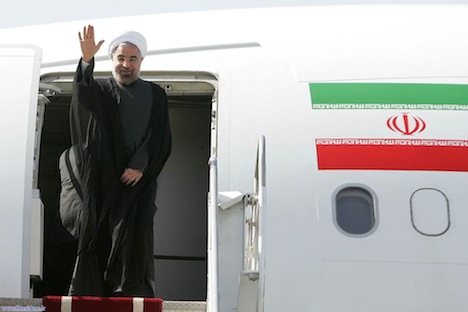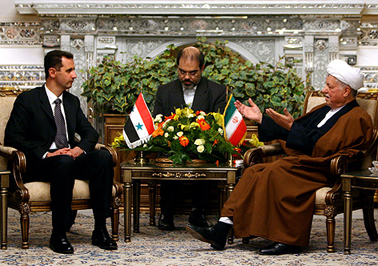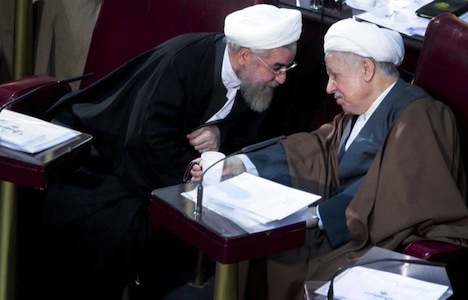Iran is quickly moving to the front of the ever-shifting foreign policy agenda in Washington at the end of this week, with 59 members of the US Senate, including 15 Democratic senators and the Democratic chairman of the Senate Foreign Relations Committee, senator Bob Menendez of New Jersey, supporting the Nuclear Weapon Free Iran Act of 2013.![]()
![]()
The bill would impose additional sanctions on the Islamic Republic of Iran in the event that the current round of talks fail between Iran and the ‘P5+1,’ the permanent five members of the United Nations Security Council (the United States, the United Kingdom, France, China and Russia), plus Germany. US president Barack Obama met with the entire Democratic caucus in the US Senate Wednesday night to implore his party’s senators not to support the bill. Senate majority leader Harry Reid opposes the bill, and he hasn’t scheduled a vote for the new Iran sanctions — and even some of its supporters may be backing off as the temporary six-month deal proceeds.
But with 59 co-sponsors, the bill is just one vote shy of passing the Senate, and it would almost certainly pass in the US House of Representatives, where the Republican Party holds a majority. In the event that the Congress passes a bill, Obama could veto it, but the Senate is already precariously close to the two-thirds majority it would need to override Obama’s veto.
The Obama administration argues that the bill is nothing short of warmongering, while the bill’s supporters argue that the sanctions will reinforce the Obama administration’s hand in negotiations. Javad Zarif, Iran’s foreign minister (pictured above with US secretary of state John Kerry), has warned that the bill would destroy any chances of reaching a permanent deal, and it’s hard to blame him. Under the current deal, reached in November, the P5+1 agreed to lift up to $8 billion in economic sanctions in exchange for Iran’s decision to freeze its nuclear program for six months while the parties work through a longer-term deal. The deal further provides that Iran will dilute its 20% enriched uranium down to just 5% enriched uranium, and the P5+1 have agreed to release a portion of Iran’s frozen assets abroad and partially unblock Iran’s oil exports.
So what should you make of the decision of 59 US senators to hold up a negotiation process that not only the Obama administration supports, but counts the support of its British, German and French allies?
Not much.
And here are ten reasons why the bill represents nothing short of policy malpractice. Continue reading Ten reasons why the Iran sanctions Senate bill is policy malpractice






